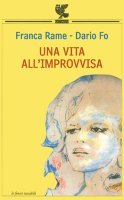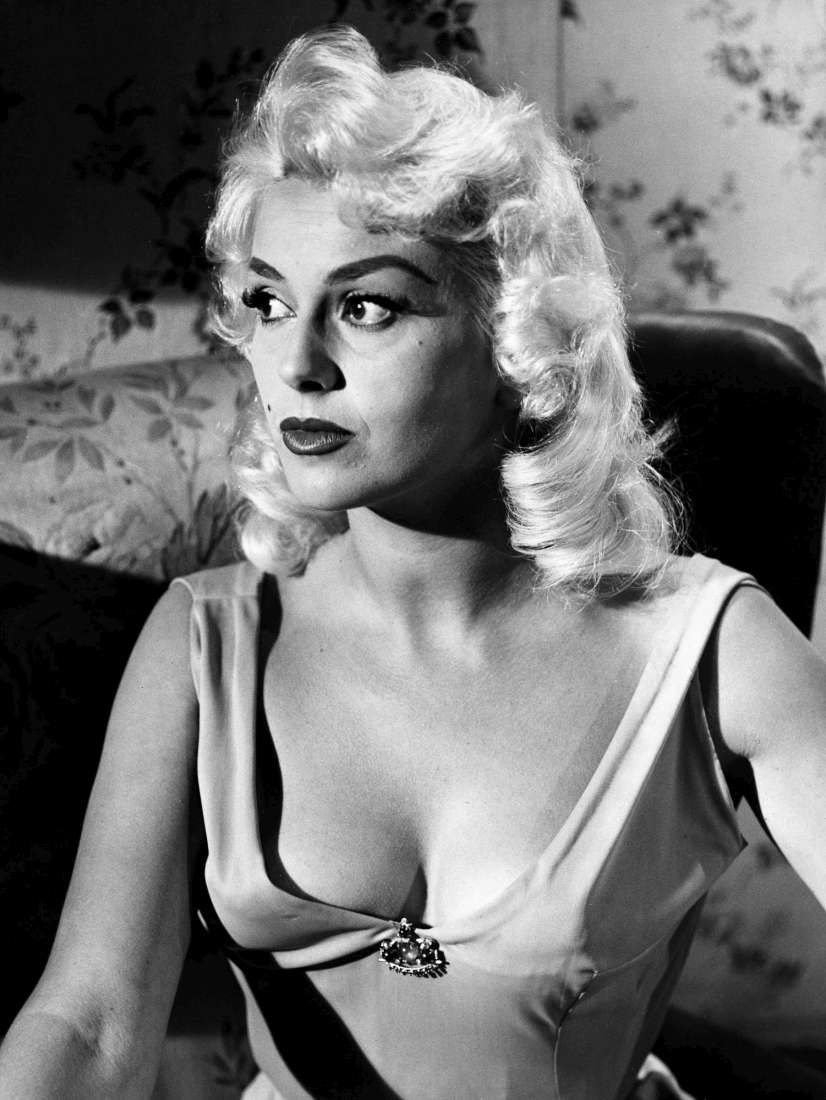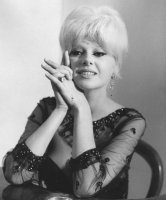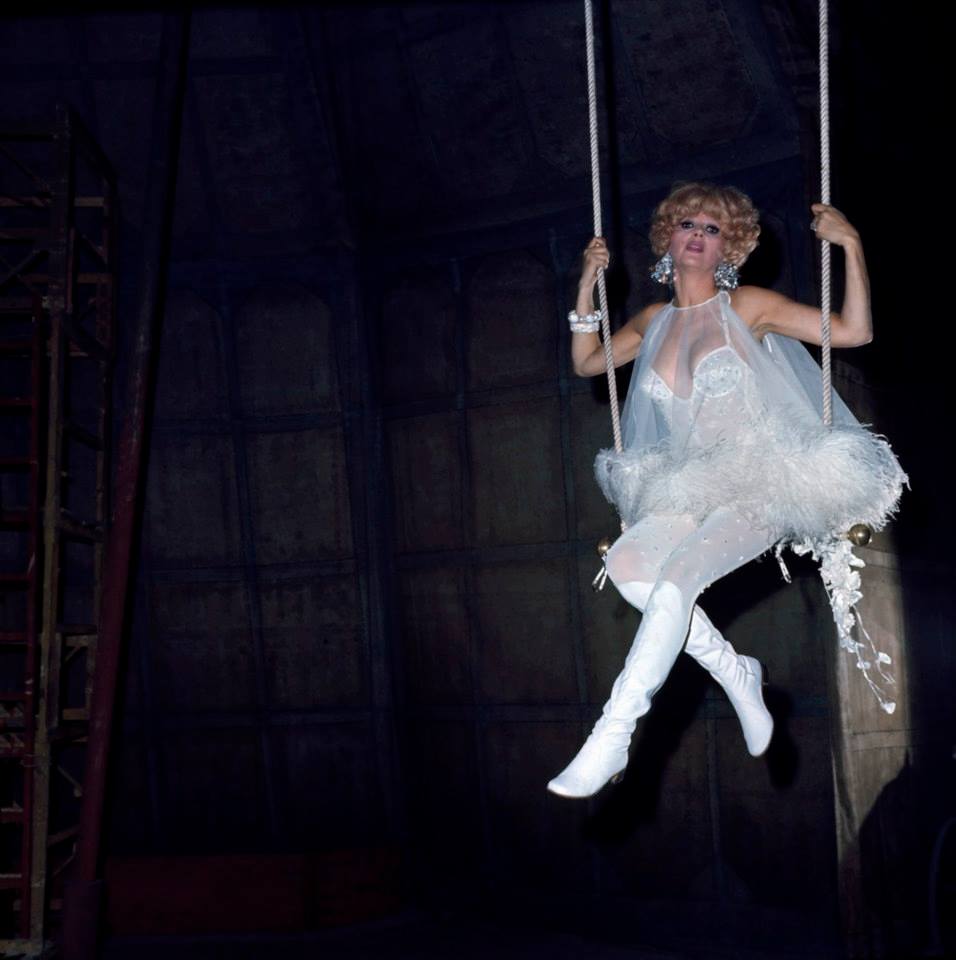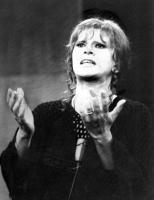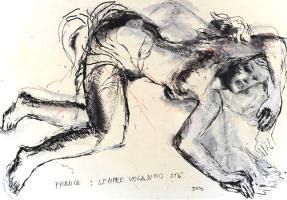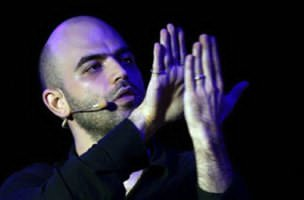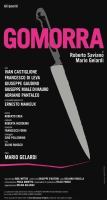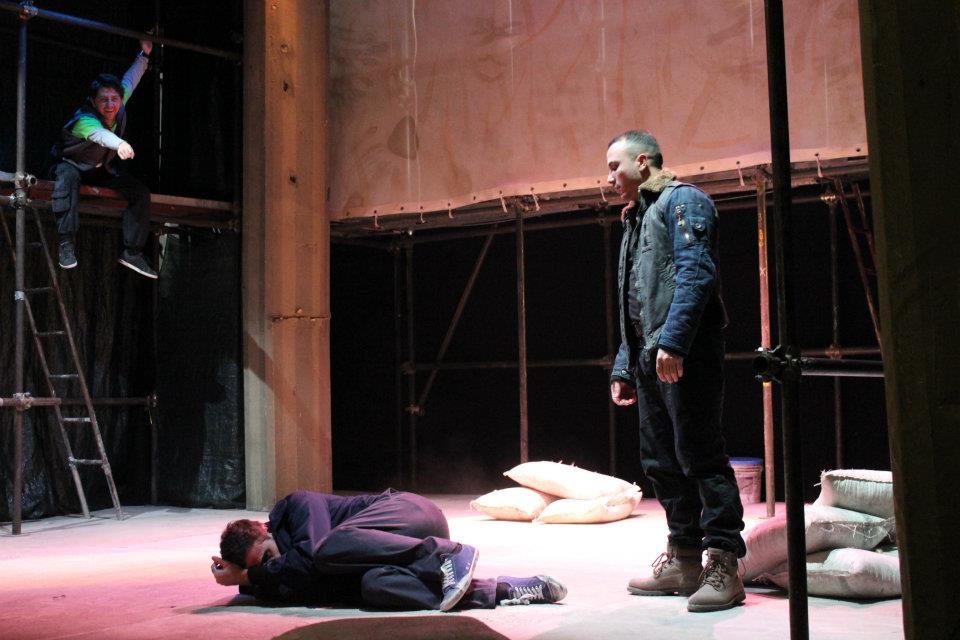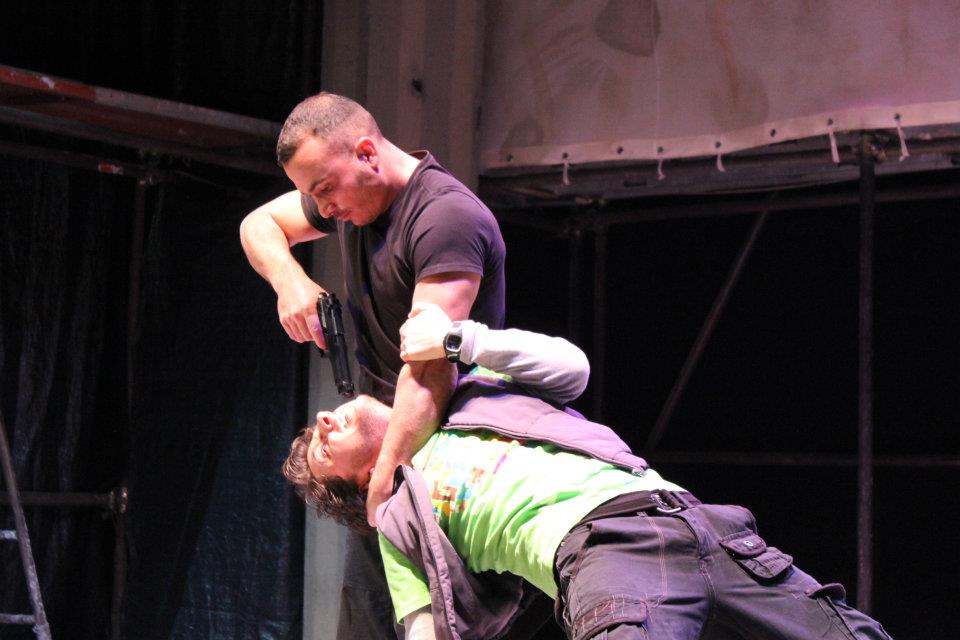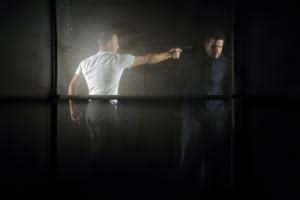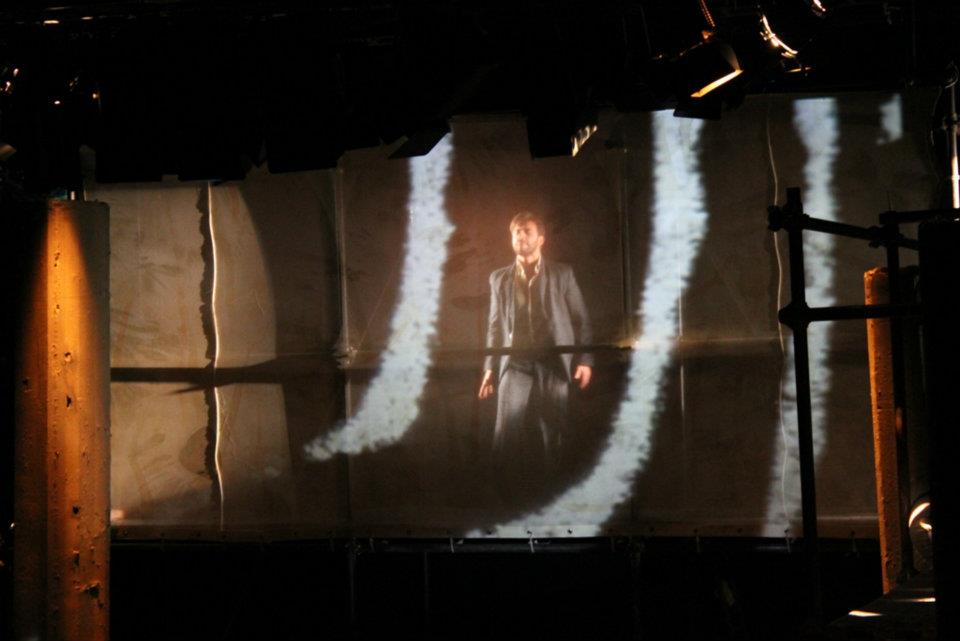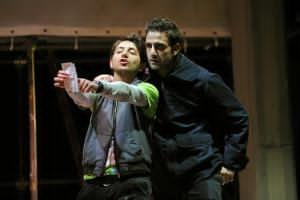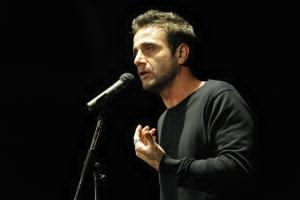L’undici ottobre del 2022 la redazione di Arabeschi ha incontrato on line l’artista Milo Rau, al quale è dedicata la rubrica Incontro con del numero 21. La conversazione è stata curata da Giorgia Coco con il supporto tecnico di Giovanna Santaera.
L’incontro ha toccato i punti cruciali della formazione poetica e civile dell’artista, la sua attitudine drammaturgica e performativa, la consapevolezza in ordine al pensiero e alla pratica del re-enactment, il peculiare istinto verso il cinema e i linguaggi della visione, la capacità di coniugare originalità espressiva e utilizzo di materiali ‘storici’. Il suo sguardo sul e nel presente rappresenta una delle esperienze più radicali della scena contemporanea.
La redazione di Arabeschi esprime un sentito ringraziamento a Elizabeth Pagone per aver accompagnato l’intervista con il suo prezioso ruolo di traduttrice e a Giacomo Bisordi per la preziosa mediazione.
Giorgia Coco: Sociologist, activist, reporter and then theater maker.
Although your biography is already known to most people, I would still like to ask you about your training and, if you have any, your role models, your teachers/mentors.
Milo Rau: Mentor? I mean… My grandfather. I was living with my grandfather and my grandmother when my parents divorced, I was one year old. Sometimes I spent a lot of time with my grandfather. Strangely he was an immigrant from Italy, but as many immigrants he tried to be more Swiss or more German than the Swiss and the German themselves. You know? And that's how he became a very important curator, organizer in the 70s and 80s and 90s for intellectual debates. He was a friend of Martin Heidegger in the 40s already and in the 50s of Thomas Mann, invited him in the 50s and then in the 90s he would invite all the known writers to Switzerland. And he wrote biographies on them, and he wrote down the fairy tales of Switzerland. It's written down by him, by my Italian maintaining grandfathers. So, he was a big mentor for me when I was very young. And then, later, of course Bourdieu, the professor, the French sociologist became super important to me, with his method which is a method of deep research, of living together with the people you would write about. So, he was an academic without any distance and an activist. He was very good to me. So, I could say that these two very different figures they’re my mentors.
